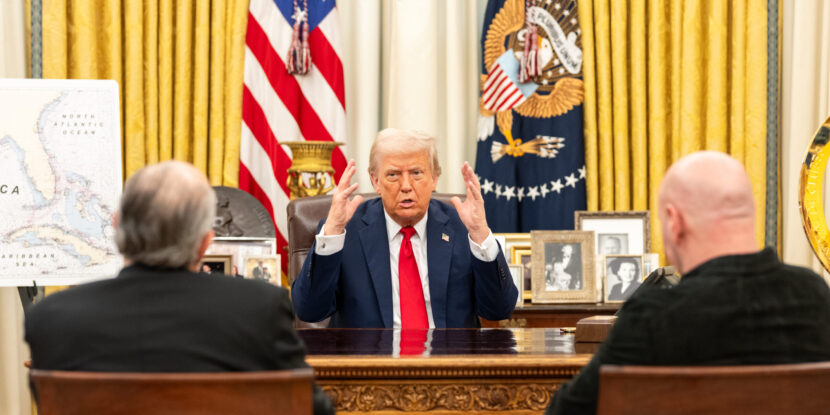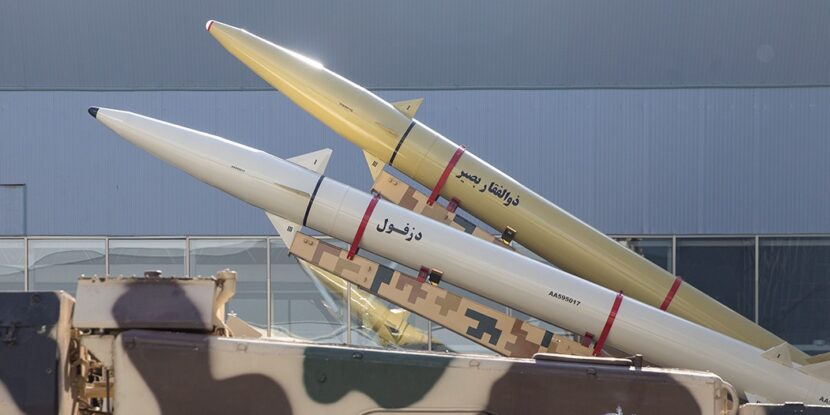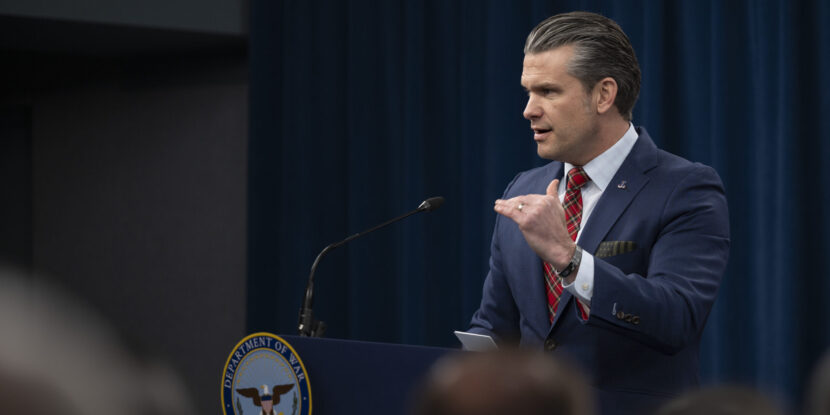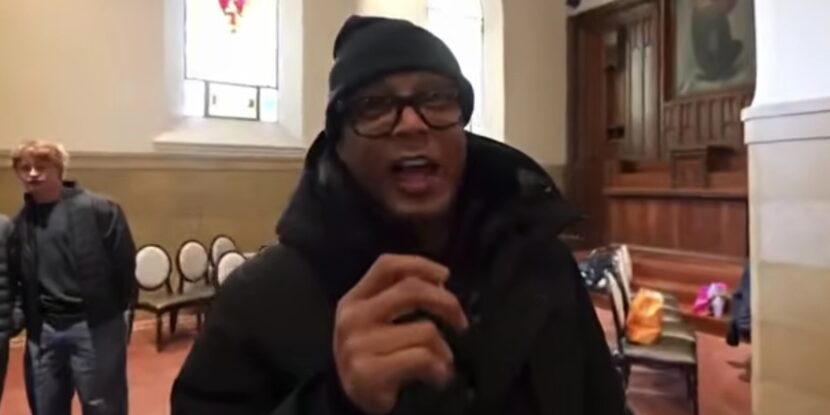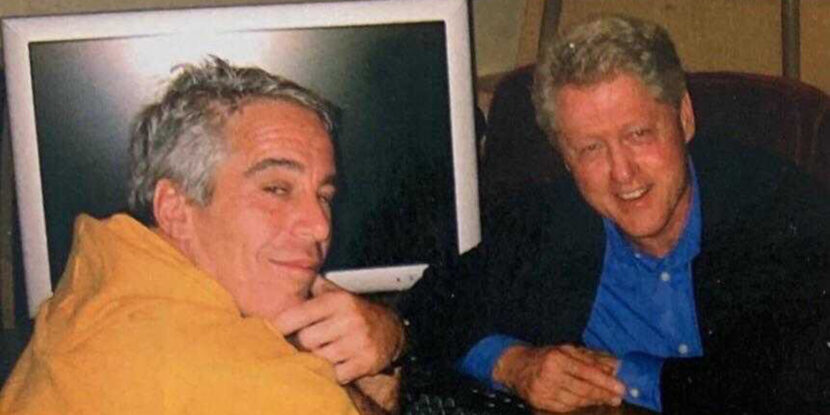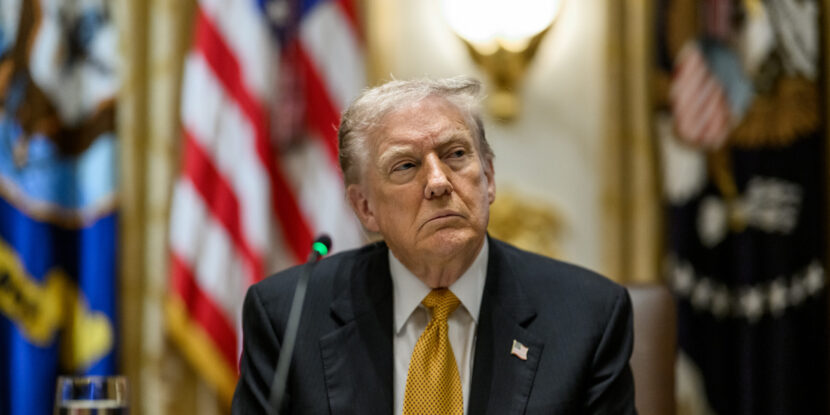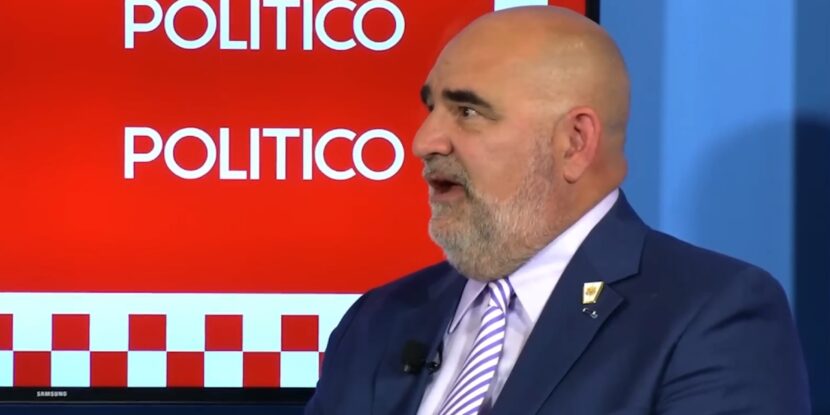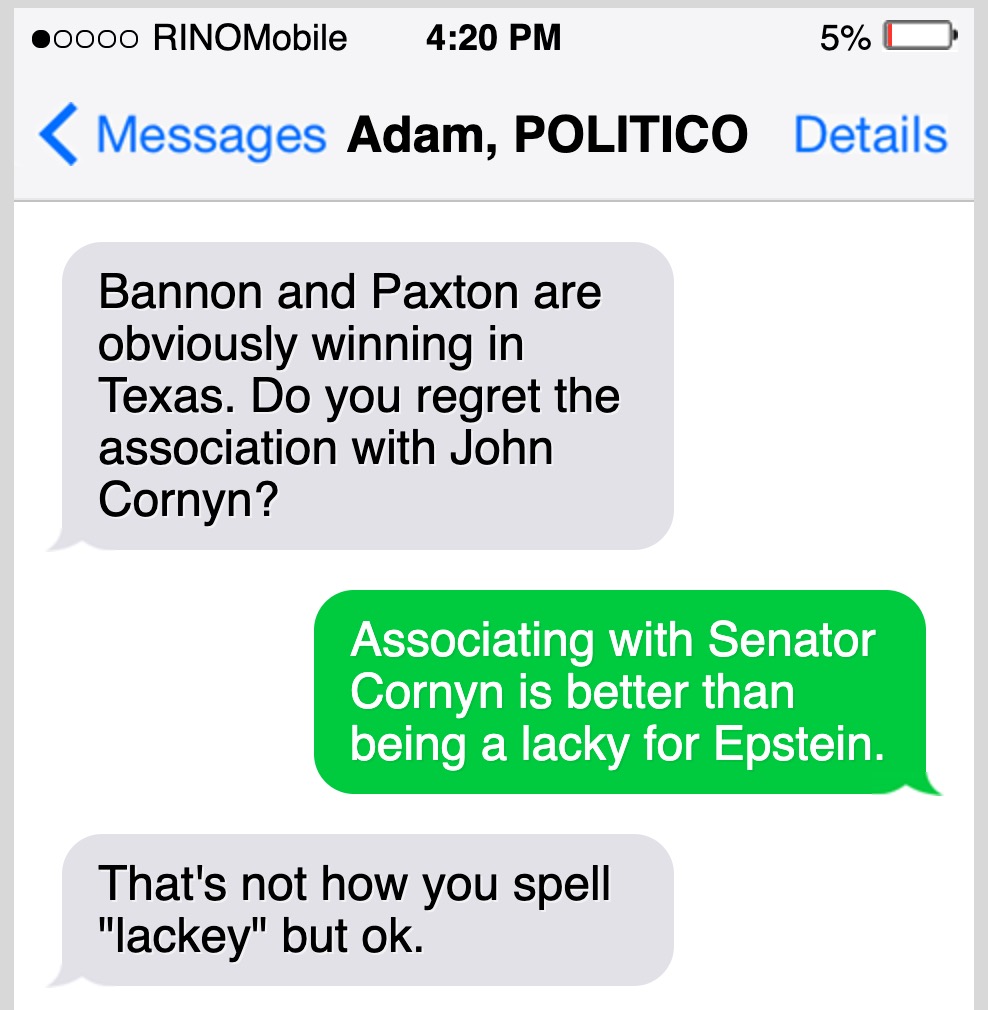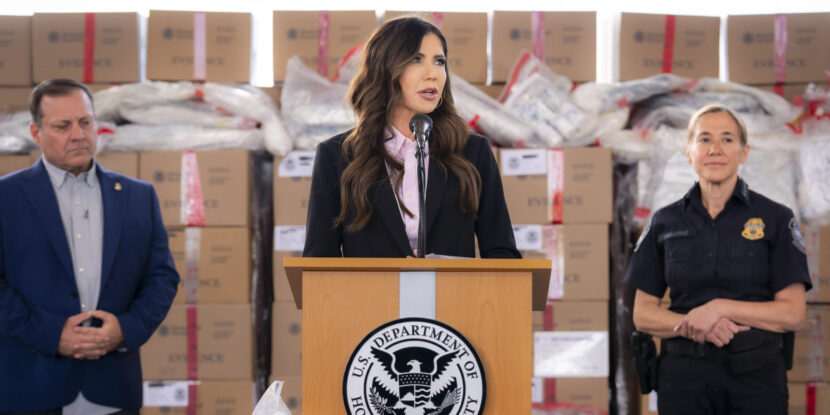PULSE POINTS:
❓What Happened: The Trump administration announced plans to enforce significant tariffs on trading partners, prompting a rush of world leaders promising to dismantle their barriers against the U.S.
👥 Who’s Involved: President Donald J. Trump, European Union (EU) officials, Israel’s Prime Minister, Vietnam’s leader, Indonesia’s government representatives, and others.
📍 Where & When: Foreign diplomatic efforts are being directed towards Washington, D.C., with meetings and communications intensifying around Monday.
💬 Key Quote: “Countries from all over the World are talking to us… Tough but fair parameters are being set.” — President Trump.
⚠️ Impact: Some countries may secure some relief from President Trump’s tariffs if they offer sufficient fair market access to U.S. businesses.
IN FULL:
Governments around the globe are pleading for urgent negotiations following the U.S. decision to impose extensive tariffs on numerous countries. On Monday, European Union officials proposed eliminating tariffs on cars—where they had previously imposed levies far higher than the corresponding U.S. levies—and industrial goods from the U.S. in exchange for similar treatment. Israel’s Prime Minister Benjamin Netanyahu was also scheduled to meet President Donald J. Trump on the same day to personally negotiate tariff relief.
Earlier, Vietnam expressed willingness to remove all tariffs on American goods during a phone call, while Cambodia has already pledged to remove tariffs on American goods across 19 sectors. The Philippines has said it will slash tariffs on U.S. goods “soon,” and Indonesia is preparing to send a senior delegation to Washington to negotiate directly. Even small, far-flung nations, such as Lesotho, which is entirely encircled by South Africa, are organizing delegations to negotiate better access to the U.S. market.
President Trump proclaimed that tariffs would persist until trade deficits are addressed, which implies achieving an equilibrium between U.S. imports from and exports to these countries. However, discussions remain open as nations attempt to stave off additional tariffs, which are scheduled to commence midweek.
However, Trump advisor Peter Navarro has warned that merely reducing or removing tariffs may not be enough to appease the administration, explaining, “When they come to us and say, we’ll go to zero tariffs, that means nothing to us, because it’s the nontariff cheating that matters.” Navarro and other U.S. officials have cited value-added taxes, regulatory barriers, foreign state subsidies, and currency manipulation that grants foreign producers an unfair advantage over American producers as examples of “nontariff cheating” in international trade.
Amid market volatility and the threat of escalating tariffs on Chinese imports, President Trump emphasized, “Countries from all over the World are talking to us.” The America First leader noted ongoing discussions with Japanese Prime Minister Shigeru Ishiba, who is deploying a high-level team to engage in trade negotiations.
